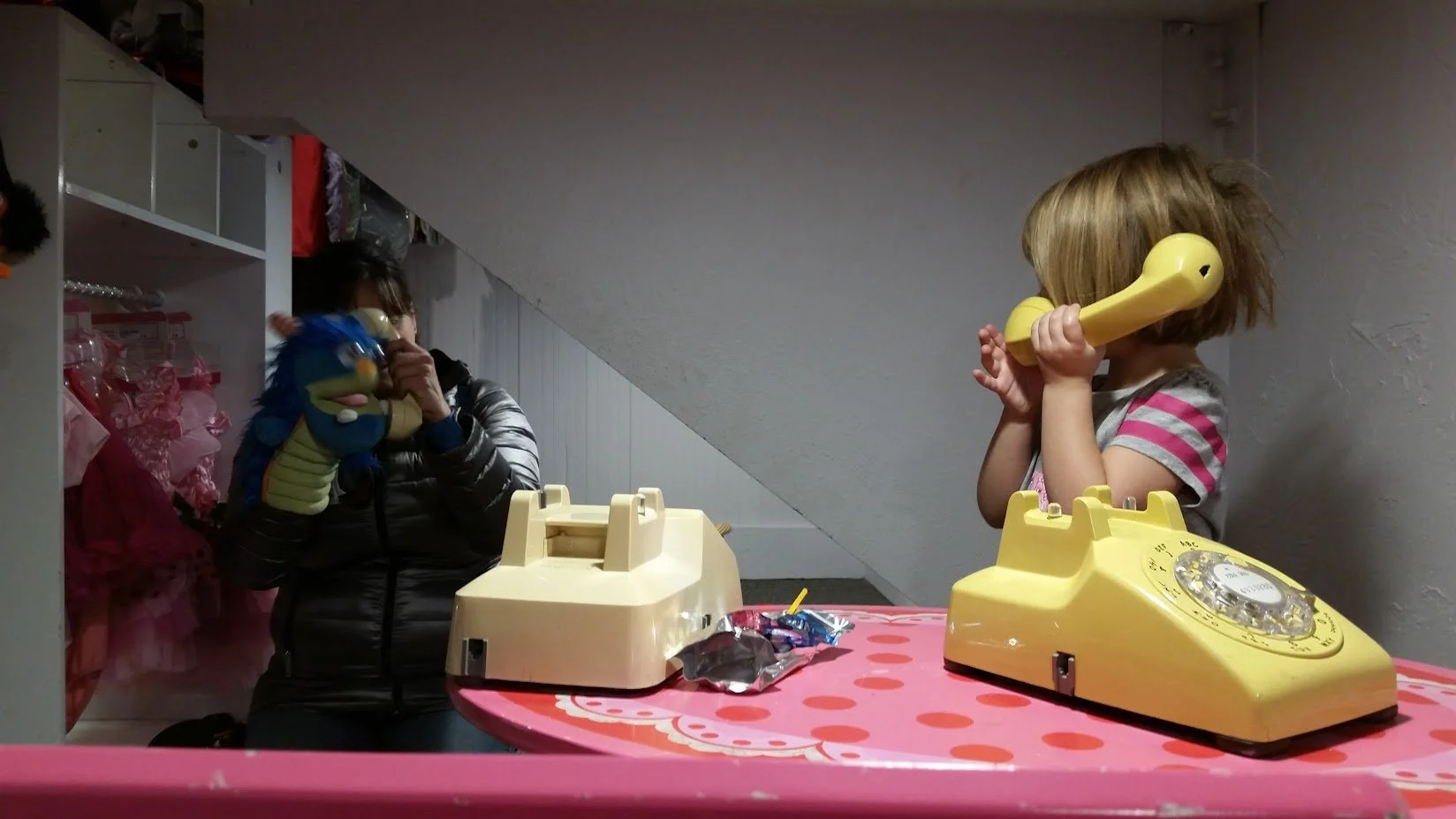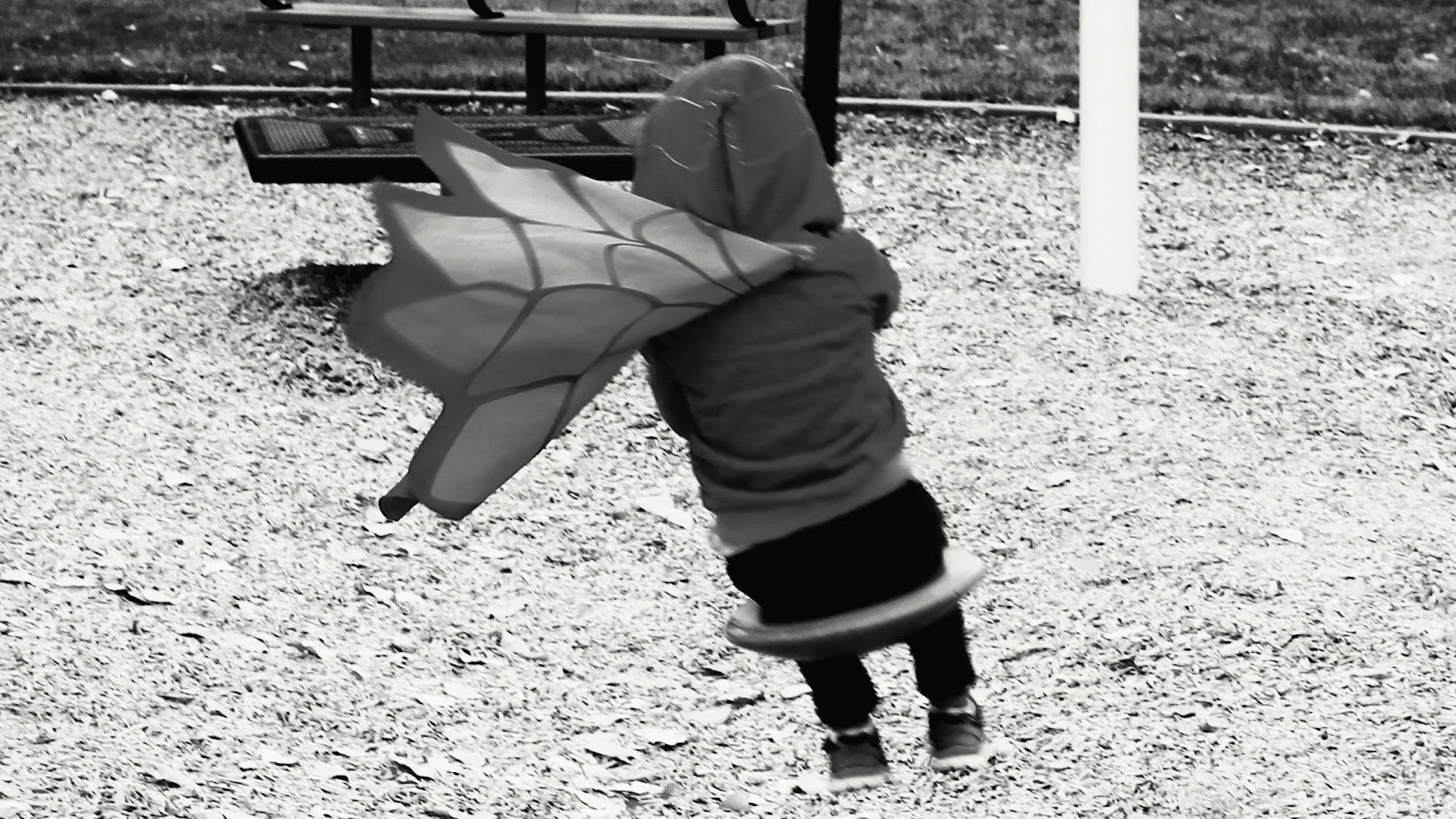Search by topic, theme, or feeling

The Double Wound: Family Harm and the Somatic Impact of Disbelief
When a child is harmed by a family member, the injury is profound. This injury is compounded when other family members respond with disbelief or blame.

Theory of Mind in Neurodiverse Communication
Effective communication requires us to infer the complex internal states of others, a cognitive process known as theory of mind.

When Realities Collide: Understanding Unintentional Gaslighting
In neurodivergent-neurotypical relationships, a fundamental difference in information processing can create a dynamic where one partner feels their reality is being denied, even without any malicious intent.

Why Neurodivergent People May Thrive in Somatic Therapy
Traditional talk therapies like CBT often operate from the top down, focusing on changing thoughts to influence emotions and body states. In contrast, somatic psychotherapy works from the bottom up, helping clients regulate their nervous system to create new cognitive and emotional experiences.

When Asking Feels Dangerous: A Somatic Approach to Neurodivergent Risk Assessment
For many neurodivergent individuals, asking for help is subconsciously categorized as a dangerous threat rather than mere discomfort.

Navigating Neurodivergent Energy Systems and Burnout
We are not powered by a single battery but by an array of them.

Regulation Mismatch in ND/NT Relationships
When the neurotypical partner in a mixed neurotype relationship, often the designated "anchor," experiences their own dysregulation, the entire relational system can be thrown into a crisis of mutual need.

Neuroqueer: The Journey to Embodied Authenticity
The neurodivergent and queer communities share a profound experience of navigating a world not designed for them, leading to shared challenges like masking and a journey toward embodied self acceptance.

Participant Observers in Life: How Neurodivergent People Study Social Interactions
Neurodivergent individuals often become keen anthropologists of social behavior, meticulously studying human interaction to create a mask for survival.

Intergenerational Inheritance and the Body
The body is a living archive of ancestral history, holding biological, emotional, and cultural imprints that shape our present experience.

The Impact of Internalized Behavioral Criticism on Neurodivergent Children
Persistent behavioral criticism of neurodivergent children can lead to lasting self-esteem challenges and emotional distress, with deeper impacts than those experienced by neurotypical peers. Affirming their unique needs fosters resilience and self-acceptance.

The Mental Health Benefits of Bilateral Stimulation
Bilateral stimulation, including EMDR and solo activities like walking or drumming, can help reduce anxiety by integrating brain hemispheres and promoting nervous system regulation.

Understanding Sensory Issues in Neurodivergent Individuals and Pathways to Accommodation
Neurodivergent individuals often face sensory processing challenges that impact daily life. Therapists can help identify these needs and advocate for accommodations to foster inclusivity and well-being.

The Grooming Dynamic in Sexual Assault: How Harmless Appearances Can Mask Harmful Intent
Grooming in sexual assault often begins with seemingly harmless actions, masking its true intent. Recognizing these subtle manipulations is key to prevention and protection.

Navigating Conversational Pauses: Challenges and Strategies for Hyperverbal Neurodivergent Individuals
Hyperverbal neurodivergent individuals often struggle with conversational pacing, leading to unintentional interruptions.

When Cultural Scripts Fail Survivors of Coercion and Manipulation
Survivors often struggle to name their experiences because dominant cultural scripts prioritize physical violence.

Navigating Neurodivergent Challenges with Routine Disruptions: A Compassionate Approach
For neurodivergent individuals, routine disruptions can be deeply dysregulating.

Neurodivergence and Difficulties with Small Talk
Neurodivergent individuals often connect through cognitive depth rather than intuitive small talk, leading to misunderstandings in social and romantic relationships.

Betrayal Trauma in Sexual Assault Survivors
Betrayal trauma in sexual assault survivors is compounded when therapists, loved ones, and systems minimize their pain.

Repetitive Behavior in Neurodivergent People
Repetitive behaviors in neurodivergent individuals serve as vital tools for anxiety management but can also create challenges when rigidity limits adaptability.
